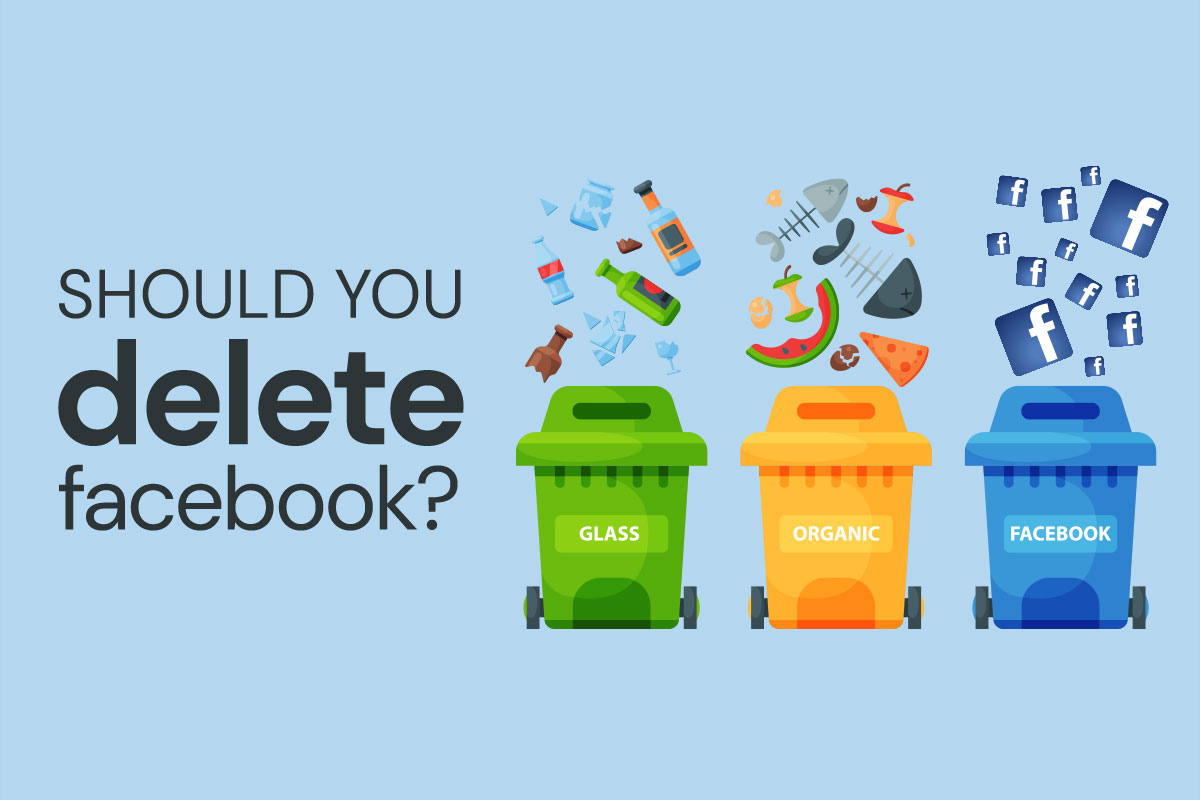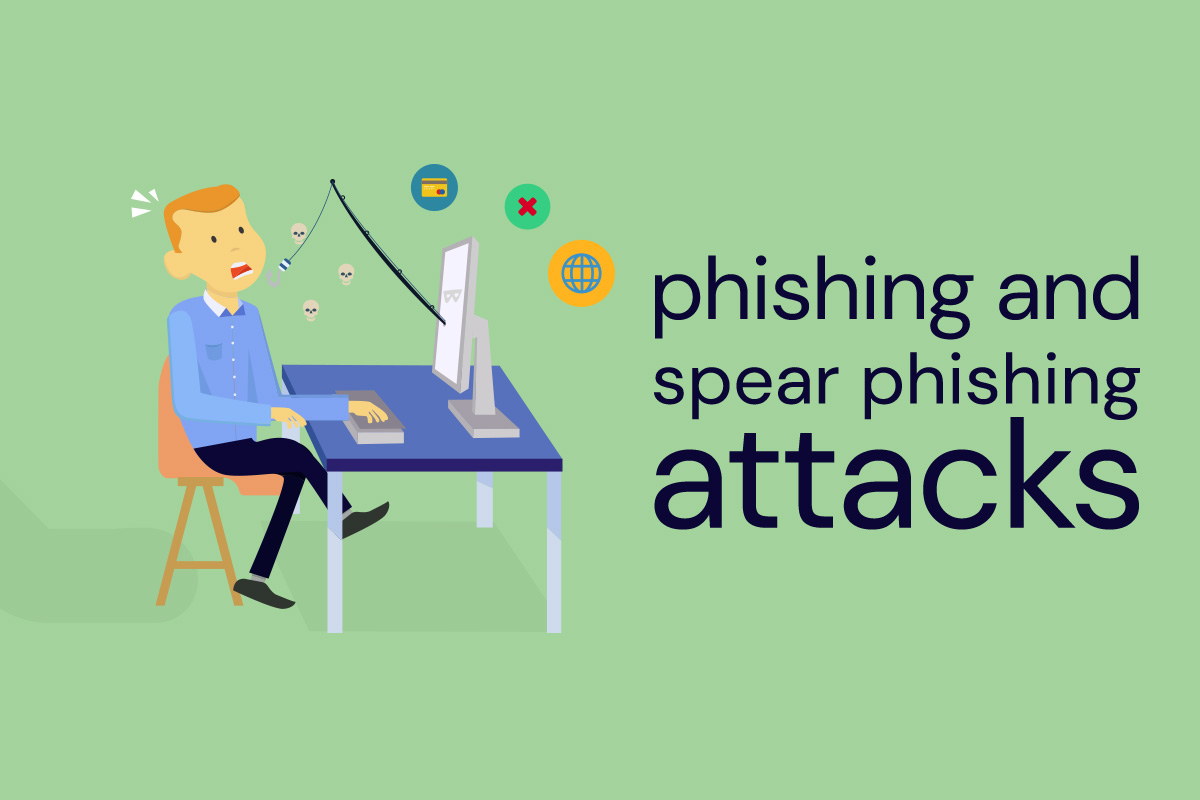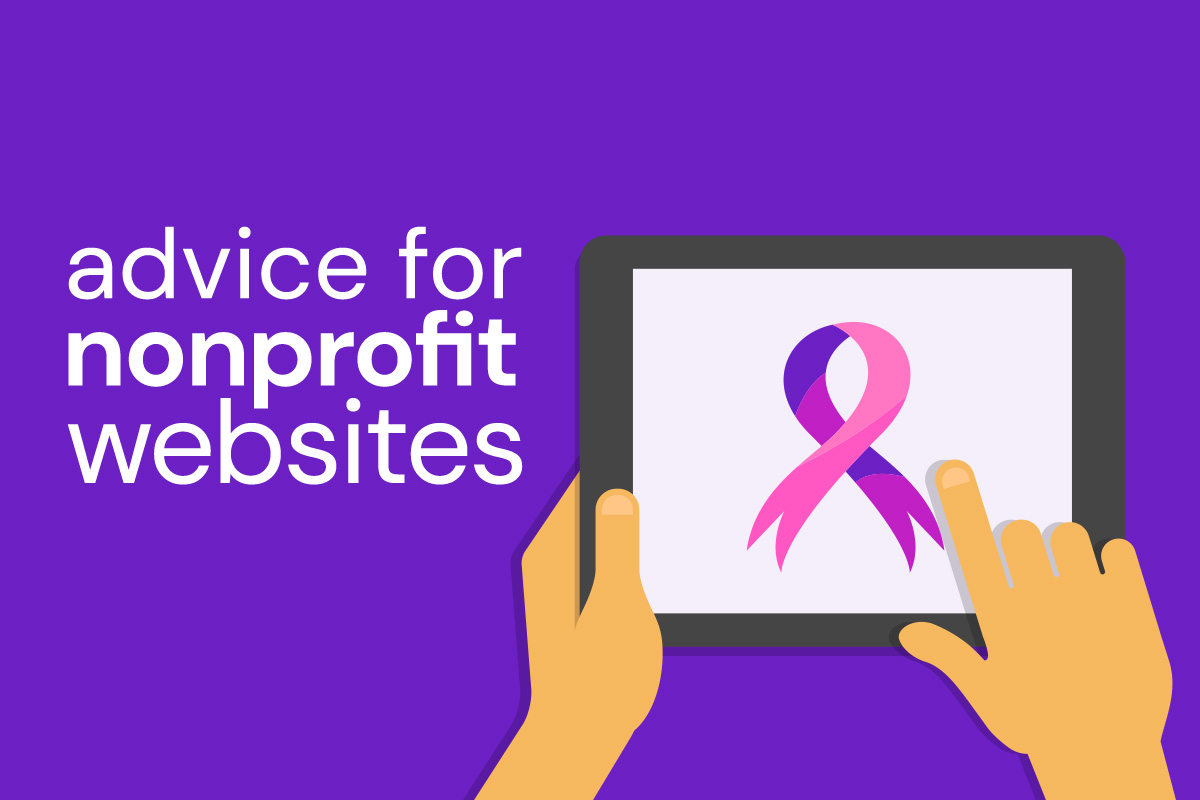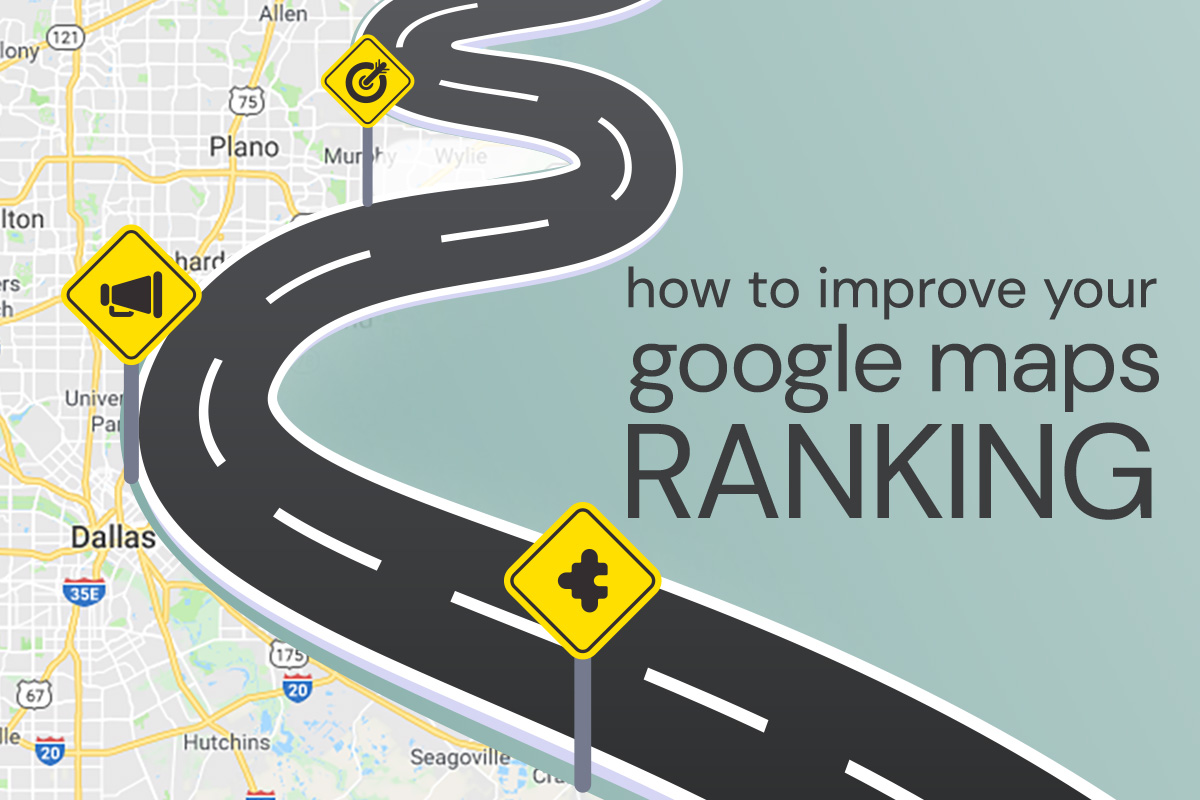With all the Cambridge Analytica news this week, many folks have been suggesting that it’s time to delete Facebook. But while Facebook’s lax terms of service for app developers and advertisers may have grave consequences, is it really any more egregious than what Google, Apple, and Amazon are all doing too right now. We’ve willingly turned over our privacy in exchange for convenience… and you know what? We will not criticize you for it. Instead, we recommend being aware of what’s happening and understanding the risks. So don’t feel like you have to delete Facebook; we have plenty of tips that will help you curtail its power over your personal information.
Disconnect Apps You Don’t Need
We recommend severing the connections between Facebook and these third-party services wherever possible. To do so, simply go to Facebook Settings and select Apps. From there, you can click on any app and see the information the app has access to. There’s no need to give the “Brightest Flashlight” app access to your microphone, is there? Generally, we recommend declining as many permissions as possible, especially location data, microphone control, and camera control.
Don’t Log in with Facebook
Tons of websites now offer the opportunity to log in with Facebook or Google. Don’t take the bait. First of all, you’re giving both Facebook and this third-party website more data about you and your habits than is necessary. Keep in mind that you can’t necessarily trust these third-party websites to do what they say they’re doing with your data. Cambridge Analytica didn’t, that’s for sure.
Additionally, by logging in with your Facebook credentials, you’ve made your accounts more vulnerable to hacking; daisy chained accounts are a dream come true for potential scammers.
It’s also a hassle to keep track of your account info when you log into websites this way, and it can be a pain to reclaim control of those accounts if you do decide to delete your Facebook account sometime down the road.
Face Recognition Settings
Facebook’s facial recognition technology used to be limited to suggesting tags in photos. Not long ago, though, they expanded face recognition’s scope to notify you when someone added a photo you were in, whether it was tagged or not. You were opted in by default.
Facebook is trying to push us toward biometrics. If you’d like to thwart them a little, go to Settings, then Face Recognition, and turn it off.
Feel Free to Delete Facebook Messenger
If there’s one major privacy violator on Facebook, it’s Facebook Messenger. We discussed secure communication apps a few weeks ago, and Messenger is a poor option—you have to specifically turn on encryption in Messenger, and frankly most people will be confused if you do since so few people use it. Check out this story of a young man in New Zealand who ordered his data file from Facebook (they will email it to you for free). He notes that it contains a record of every call he made on his mobile phone and metadata about every text message he has ever sent.
Certainly, you can take more steps. You can limit the amount of information you share on Facebook, like your employer, your birth date, and your address. You could even actively battle Facebook’s attempts to manipulate you. The most important thing you can do is to maintain skepticism about free services like Facebook. No one is creating platforms like these out of the goodness of their hearts. Certainly it’s scandalous that Cambridge Analytica was able to nefariously collect so much data about Facebook users, but there would have been no story if every Facebook user had taken all these targeted ads with a heaping tablespoon of salt.






